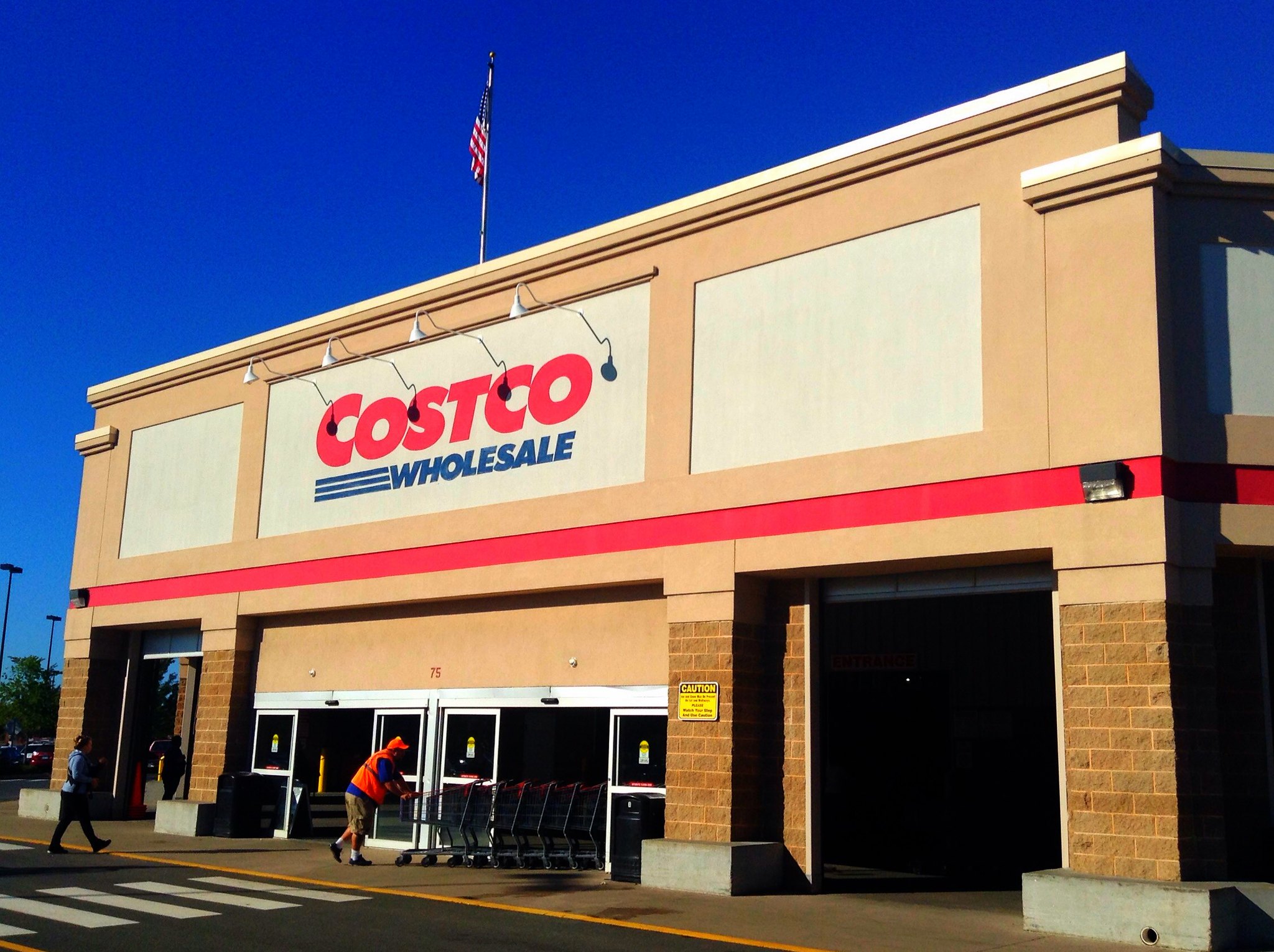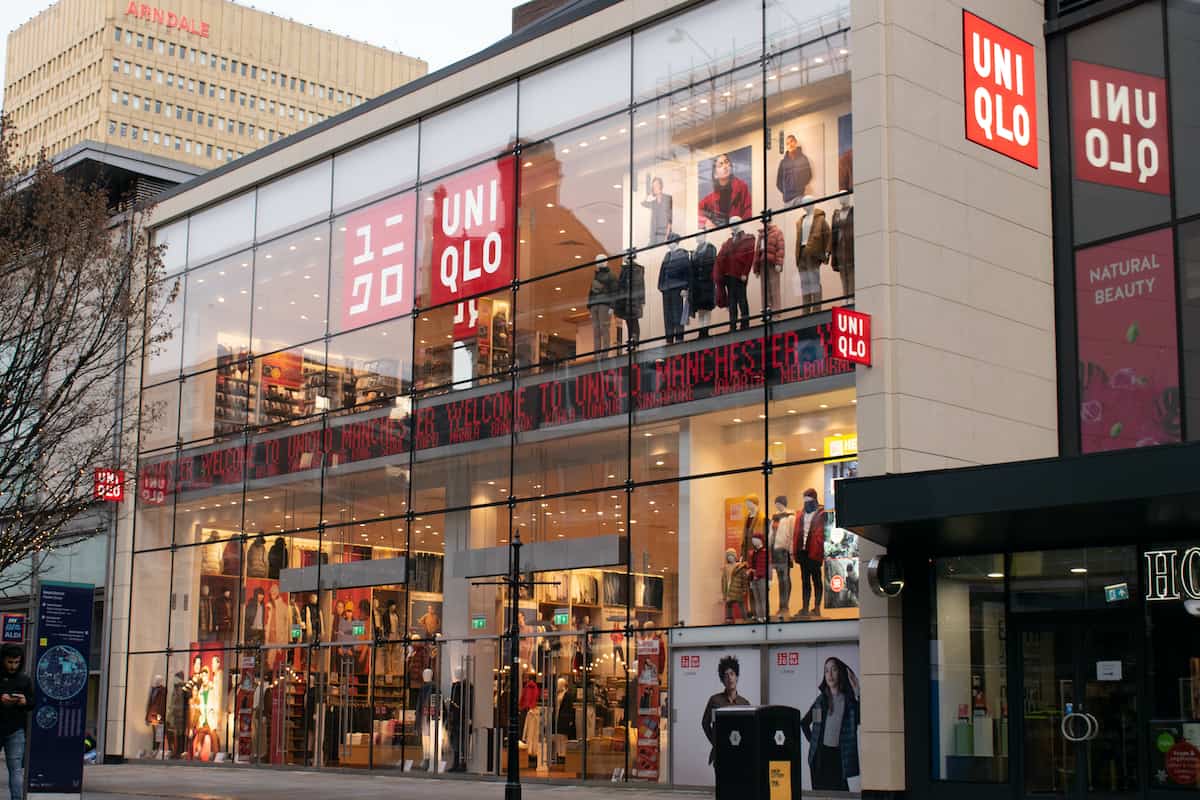Retailers and suppliers have welcomed a report that suggests internet shopping is more popular in the UK than any other major country as evidence of a national shift in the way we shop.
At more than £1,000, British consumers spend more online than consumers from the other countries measured in Ofcom’s seventh International Communications Market Report. It found that UK shoppers spent £1,083 per head, 14% more than the £950 spent in 2010. Australians were second, with £842, and Sweden third at £747.
The study showed that more than a fifth (23.1%) of UK adults used their smartphones to visit retail websites. Within Europe, Britain was followed by Germany at 22.6%. And it also found that UK consumers used laptops, smartphones and other connected devices to access the internet more often than in countries. Some 51% used a laptop most often, but for 6% a smartphone was their internet device of choice. Another 6% named other connected devices, while 37% named a desktop computer.
Unsurprisingly, that means UK consumers are now downloading more data on their mobiles and tablets than in any other country studied, with the average UK mobile connection using 424MB of data (Japan, 392MB, US 319MB).
A sixth (16%) of all UK website traffic was via a mobile, tablet or other connected device. Four in 10 (40%) UK adults use their mobile phones to visit social networking sites, with 62% of 18-24-year-olds doing so.
Mark Haviland, managing director of Rakuten LinkShare, said: “The fact that Brits are spending more online compared to the rest of the globe shows our huge appetite for internet shopping and brands can clearly see the value of the online and mobile channels as a result. The huge amount of mobile web traffic reveals that consumers are taking advantage of their connected devices to browse and buy.
“While it is important to have a mobile strategy in place, marketers and brands should also remember that the mobile purchase journey does not exist in isolation. A consumer will often go on a non-linear journey while making a decision to buy, which could touch the online, in-store and mobile worlds multiple times. Brands must keep this purchase journey in mind and ensure the consumer receives a seamless shopping experience.”
Play.com marketing director Adam Stewart said the site had seen an increase of nearly 120% in traffic from mobile and tablet devices in the last year. “We also find,” he said, “that mobile browsing surges on Monday morning from 7am to 8am and the pattern of browsing from bed or on the early morning commute is echoed throughout the week, with the highest levels of mobile browser activity occurring between 6am and 8am. Data also shows that shoppers are most likely to click through on deals via their mobile during this early morning timeframe.”
Ron Curry, AVP, retail and consumer goods practice, UK at Cognizant said: “While 90% of all transactions still occur in bricks and mortar stores, the importance of mobile and multichannel retail must not be underestimated as demand grows for a world of ‘retail without boundaries’, with retail transactions happening when and where the customer wants. The multichannel model will become the de facto operating model for retailers and mobile will be the glue that ties customers to this model regardless of location.
“In the future, business policy, business process, and technology will be fused together by retailers who embrace new technology to transform working processes and improve customer engagement and the resulting customer experience. The emerging retail model will become the dominant retail model, as details on customer information which enables improved customer targeting across all channels become the top priority for retailers.”
Vanessa Barnett, technology and media lawyer at Charles Russell LLP, said: “Ofcom’s survey shows us that the UK is leading the way in Internet shopping – and that the way we interact with shopping is changing. Mobile allows us to be connected 24/7 and undertake much more ‘one the fly’ shopping. In fact this is also backed up by Google’s research in the summer showing a spike in spontaneous shopping happening mainly on mobile devices. The scope of online shopping also shows that the UK is a great place to be a retailer wishing to harness technology. In the wealth of sometimes downbeat news that we see, this really is a good news story and an endorsement of our regulatory environment for ecommerce and technology.”








